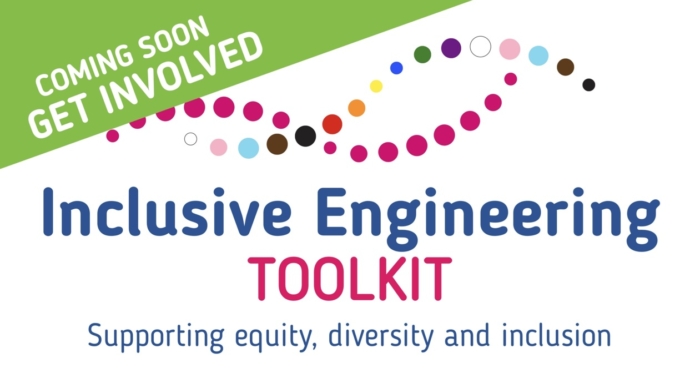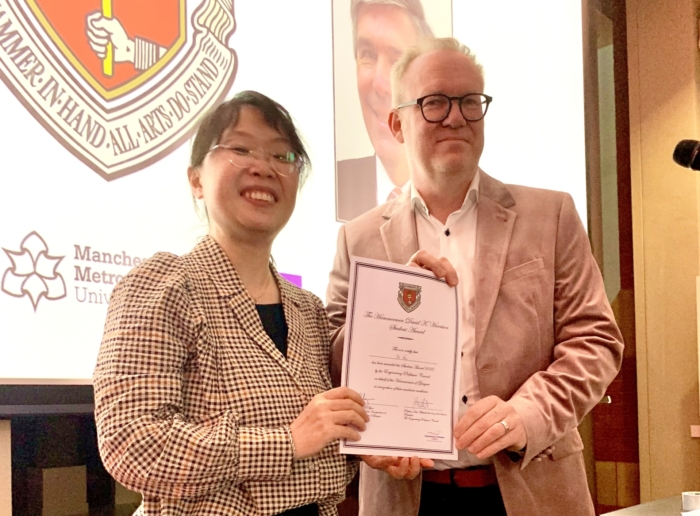Our recent EPC workshop at Robert Gordon University asked an urgent question: what does truly inclusive assessment in engineering education look like—and how can we make it the norm?
The day brought together academics, practitioners, and sector experts to explore new ways of designing assessment that enable every student to demonstrate their learning. Delegates tested the draft neuro-inclusive maturity model for assessment, engaged in guided design workshops, and examined practical approaches to rethinking assessment. A lively exercise in “appreciating difference” highlighted how neurodiverse strengths can inspire more creative and authentic assessments.
From these discussions came tangible outputs that will benefit the wider community. Work is already underway to develop an inclusive assessment checklist, an authentic assessment explainer, a set of assessment examples linked to AHEP4 societal responsibilities, and a strengths grid that maps diverse learner capabilities. Delegates also critiqued current sector guidance on reasonable adjustments, revealing where existing systems constrain innovation and identifying opportunities for systemic change.
A key takeaway was the shift from talking about “inclusive assessment” to adopting the language of enabling assessment. This reframes the challenge: moving away from bolt-on adjustments designed for a few, and towards assessments built from the ground up to support everyone.
The workshop did more than generate ideas—it built momentum. Delegates established a community of practice to share resources, develop blogs and recorded explainers, and collaborate on future outputs, including a potential co-authored paper.
For those who couldn’t attend, the message is clear: enabling assessment is not just about equity—it’s about quality, integrity, and preparing engineers for the real world. By rethinking assessment, we can remove barriers and empower all students to succeed.




